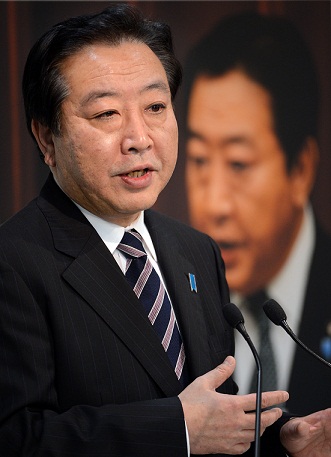
Nearly a year ago, I wrote about the changing economic relationship between western economies and their growing pool of foreign investors. In particular, the European property market was (and is) an indicator of a wider shift leading towards greater economic entanglement. Since then the property market has continued to heat up, especially in London, where property sales are reaching as high as 99% of asking price. The situation now begs the question: as some British onlookers raise concerns over the emergence of a housing bubble, what are the implications for investors here in the Middle East?
London’s housing market has garnered significant attention recently due to its meteoric rise in the past couple years, due in part to foreign buyers. As reported by the BBC, between 2011 and 2013, over two-thirds of buyers in prime central London’s new build market were non-nationals, and almost half were non-resident. Buyers from the Middle East constitute the third-largest group of buyers after their European and Russian counterparts. It would be naive to discount entirely the impact foreign investment has had on the London market. While the most extreme claims about large swaths of properties being left empty by their foreign buyers appear to be exaggerated for the most part, or at least contained to high-end markets, price levels have been rising all the same.
While prices in Northern England remain below pre-crisis levels, the opposite is true in London: house prices have increased over 18% year-on-year to 20% above pre-crisis levels. The aggressive increases have understandably drawn concern in the UK over a new bubble. Moreover, these numbers come amidst reports that the country faces a shortage of housing. The concurrence of these two phenomenon have led some to worry that developers are focusing resources on high-end projects to take advantage of high foreign demand. This again stokes fears of buyers in absentia; in the affluent central London borough of Westminster a survey found that despite increasing numbers of homes, voters and payers of council tax were falling.
The precise impact of foreign investors on the growth of the UK housing market will continue to be debated, and proving definitively whether or not that investment has caused a bubble to emerge may be impossible at this time. However, one thing is certain: investors from the Middle East and elsewhere have significant amounts of capital tied up in that property market. There also seems to be the sentiment amongst those investors that the acquisition of high-end properties offers a safe-return. If there were a bubble forming, the investors in the east eager to ride the upward trend would be the last to want to admit it. One such investor, a Singapore based executive quoted in the Financial Times, captured this sentiment perfectly: “You feel your investment in property is very safe, the market does not crash”.
So let’s suppose for a second that there is a bubble, what happens if it bursts? To start, if such an outcome were to be realised, foreign investors will at that point have become even more entrenched in the market. This ought to be concerning. During the financial crisis, two of the Gulf’s powerhouses fared comparatively well in terms of economic performance. One of the factors that contributed to this stability was relative insulation from the most volatile Western markets, the housing market being particularly notorious.
If this European market takes a tumble again, it is unlikely given current conditions Eastern investors can expect the same sort of insulation a second time around. In fact, the opposite seems inevitable given the trajectory of investments. However, increasing one’s exposure to (volatile) western markets will continue to be an attractive option for investors in the East, both in terms of short term financial gains and the status symbol such exposure affords. If the trend continues and a bubble is realised, cross-border externalities will be worse than before. In the meantime, the people who really lose out are the common citizens: in the UK, the middle class Londoner, squeezed out of the housing market, is nearly extinct. Back in the Middle East, investors continue to swoon over glamorous foreign investments instead of putting money towards more projects that ensure long-term growth in their own country. At least they’ll always have London.




